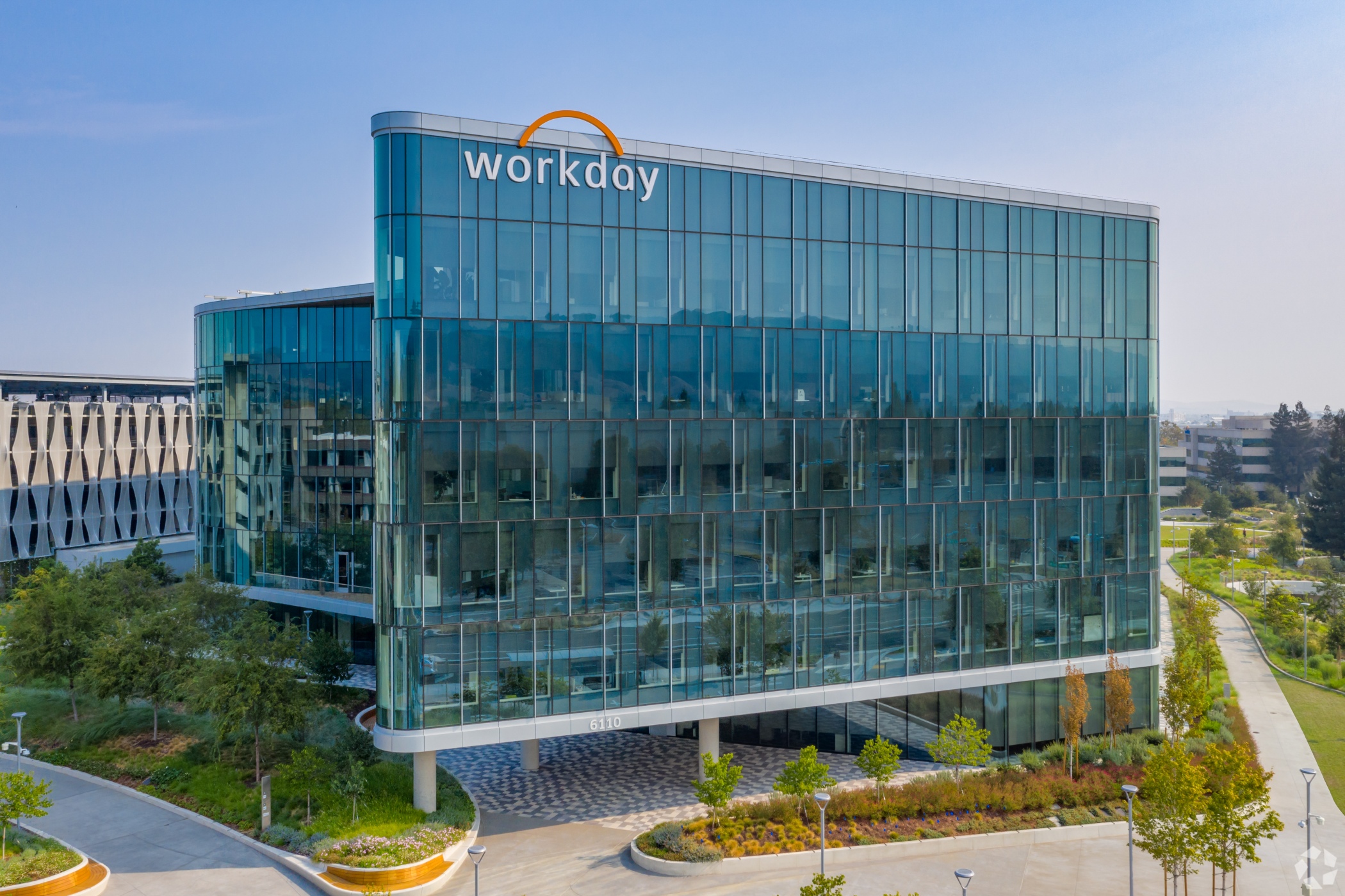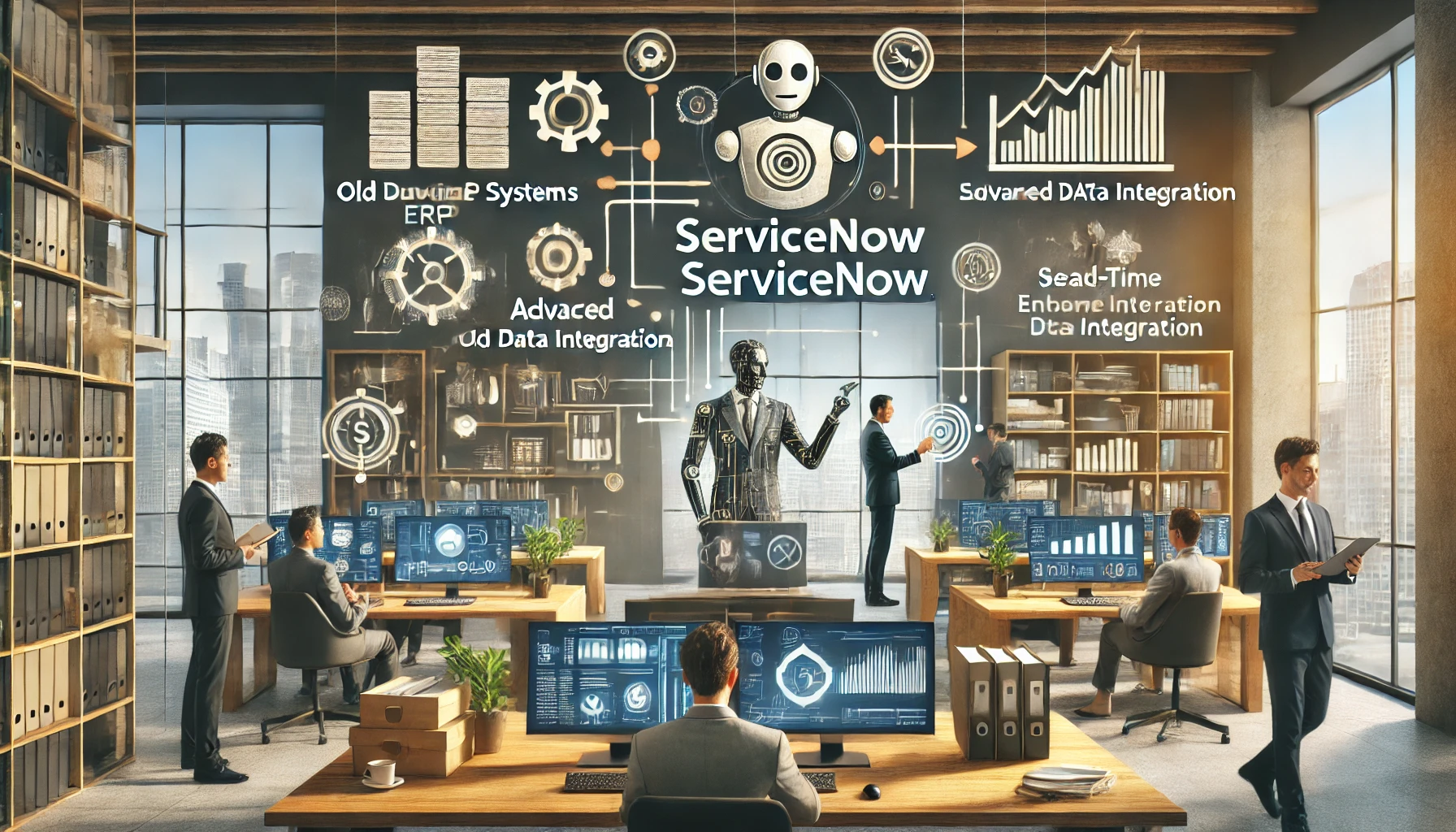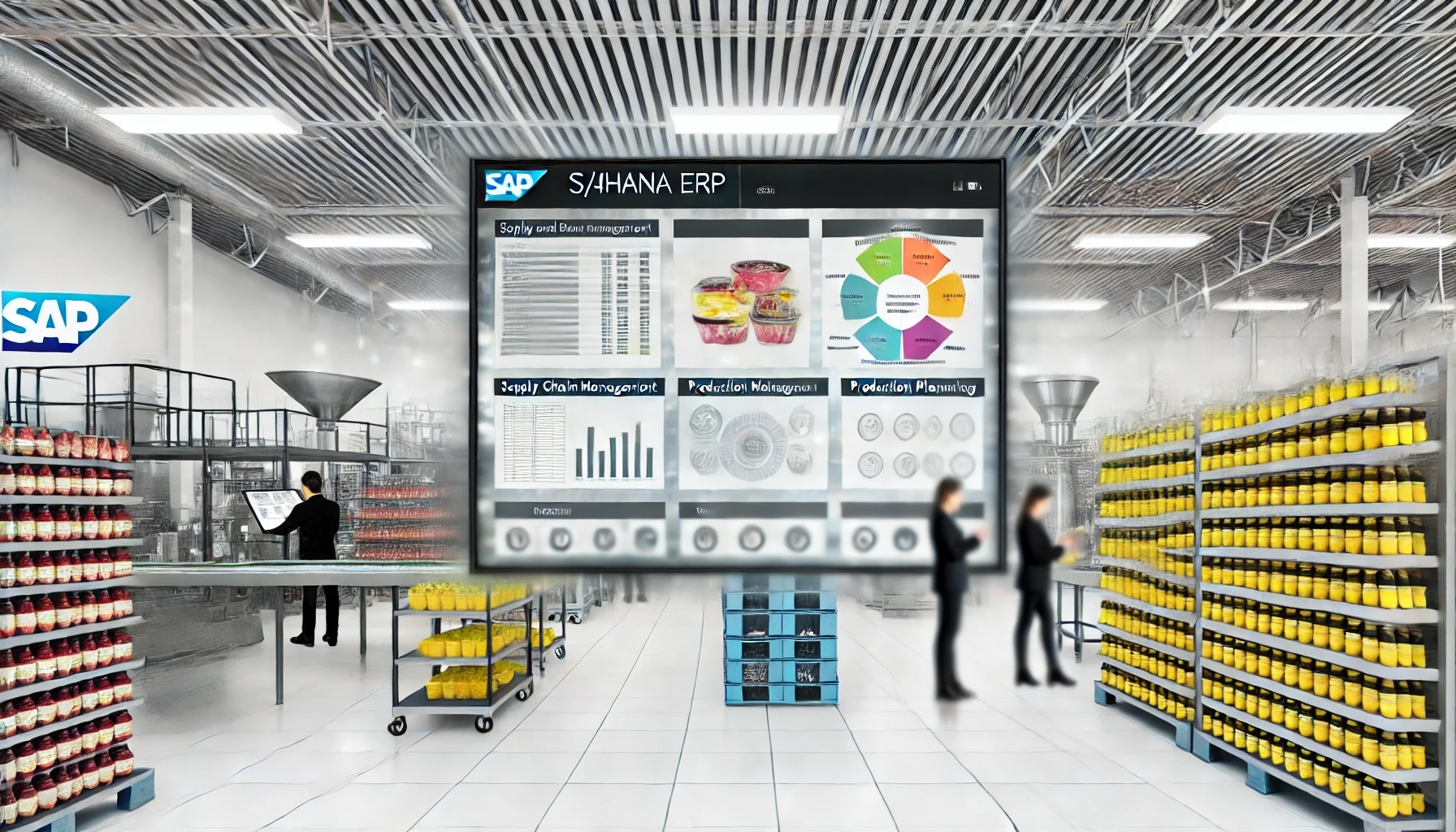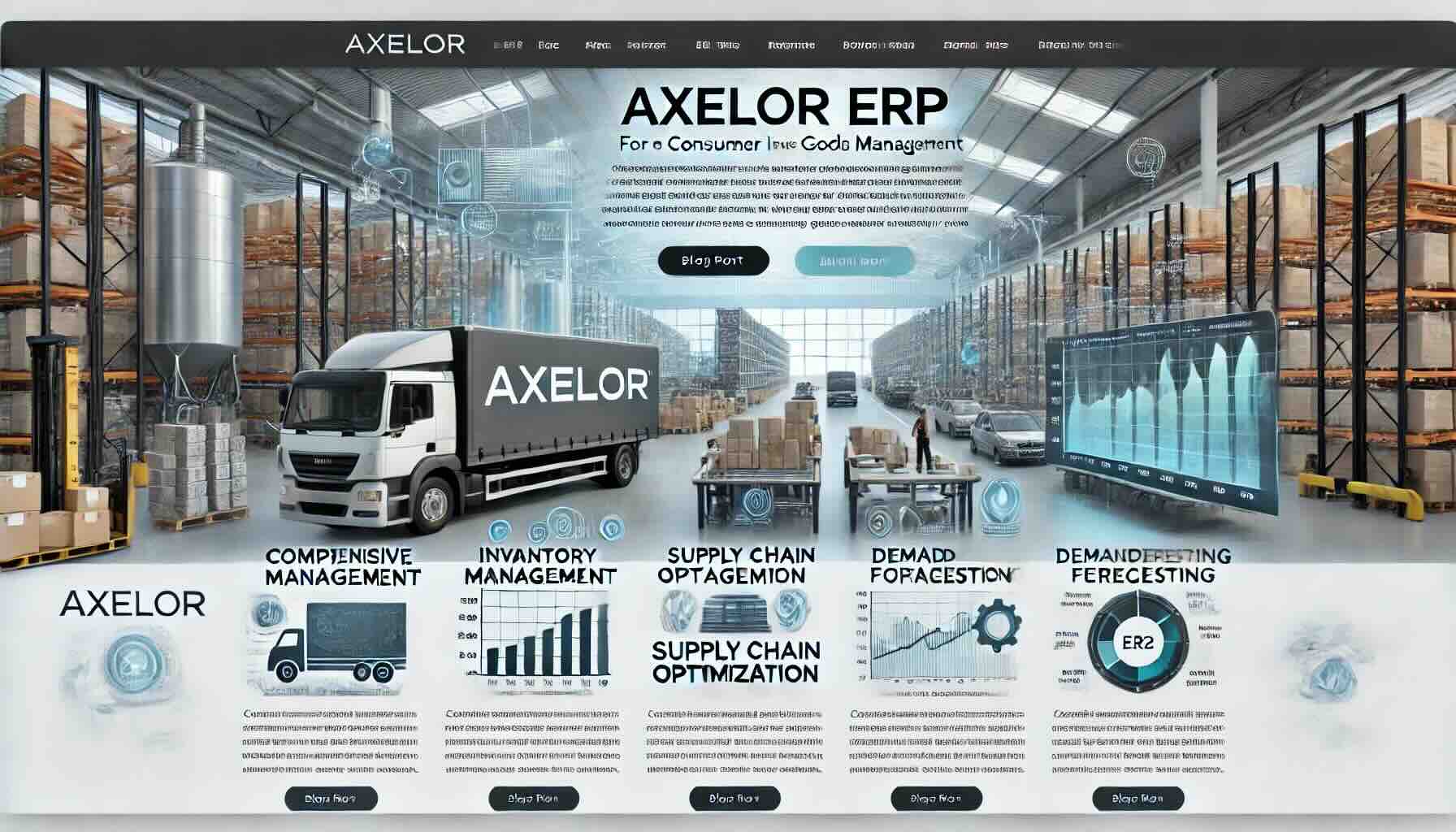Is Sage ERP a Good Choice for Construction & Engineering Businesses?

Enterprise Resource Planning (ERP) software is pivotal for construction and engineering firms seeking efficiency and accuracy in their complex operations. Among the numerous ERP solutions available, Sage ERP stands out for its comprehensive features tailored to these industries. But is Sage ERP the best fit for your construction and engineering business? This article explores its strengths, weaknesses, and overall suitability.
What is Sage ERP?
Sage ERP is a robust software solution designed to help businesses manage core processes such as accounting, project management, procurement, and inventory control. The software caters to various industries, with dedicated functionalities for construction and engineering firms.
By integrating essential business operations into one unified platform, Sage ERP streamlines workflows, enhances collaboration, and provides real-time visibility into project and financial data.
Why Construction and Engineering Firms Need ERP
Construction and engineering projects often involve:
- Complex supply chains
- Multi-site operations
- Extensive project management
- Regulatory compliance
Without an efficient system, managing these aspects becomes cumbersome, leading to delays, cost overruns, and compliance issues. ERP software centralizes data, automates tasks, and supports strategic decision-making, making it indispensable for this sector.
Key Features of Sage ERP for Construction and Engineering
1. Project Management
Sage ERP provides tools to manage projects from start to finish, including:
- Scheduling
- Resource allocation
- Budget tracking
- Milestone monitoring
With real-time dashboards, managers can easily track project progress and address issues proactively.
2. Financial Management
Accurate financial tracking is critical for construction and engineering projects. Sage ERP offers:
- Detailed job costing
- Cash flow management
- Forecasting
- Integration with payroll
This functionality ensures that budgets are adhered to and profitability is maximized.
3. Supply Chain Management
Sage ERP simplifies procurement and inventory management by providing:
- Supplier management tools
- Inventory tracking
- Cost analysis
- Integration with procurement systems
This reduces material shortages and delays, enabling projects to stay on schedule.
4. Compliance and Reporting
Construction and engineering firms must comply with local regulations and standards. Sage ERP ensures:
- Accurate documentation
- Regulatory reporting
- Contract management
These features minimize legal risks and ensure smooth project execution.
5. Mobile Accessibility
With mobile integration, Sage ERP enables on-site teams to:
- Access project data
- Update schedules
- Communicate with stakeholders
This connectivity enhances coordination and decision-making across teams.
Benefits of Sage ERP for Construction and Engineering
1. Streamlined Operations
By centralizing data and automating routine tasks, Sage ERP eliminates inefficiencies and reduces manual errors, leading to faster and more reliable project delivery.
2. Enhanced Collaboration
Sage ERP facilitates better communication and collaboration among teams, suppliers, and clients through shared access to project and financial data.
3. Improved Decision-Making
Real-time insights into project performance and financial metrics allow managers to make informed decisions, reducing risks and optimizing resource use.
4. Scalability
As your business grows, Sage ERP can adapt to your needs with customizable modules and features, making it a long-term solution.
5. Cost Savings
Efficient resource management, error reduction, and improved forecasting translate to significant cost savings for construction and engineering firms.
Drawbacks to Consider
1. Cost of Implementation
While Sage ERP offers robust functionality, its implementation can be costly, especially for small and mid-sized businesses. Licensing fees, customization, and training expenses should be factored in.
2. Learning Curve
The software’s comprehensive features can be overwhelming for new users. Training and onboarding are essential to fully leverage its capabilities.
3. Customization Challenges
Although Sage ERP is customizable, tailoring it to specific business needs can be time-consuming and may require expert support.
4. Integration with Existing Systems
Seamless integration with existing software can be challenging. Assessing compatibility before implementation is crucial to avoid disruptions.
Is Sage ERP Right for Your Business?
The answer depends on your specific needs, budget, and operational scale. Sage ERP is an excellent choice for construction and engineering firms that:
- Manage multiple large-scale projects
- Require detailed financial tracking
- Need real-time collaboration tools
- Aim to scale operations
However, smaller firms with simpler processes might find the solution too complex or expensive. In such cases, exploring more affordable or streamlined ERP solutions may be prudent.
Tips for a Successful Sage ERP Implementation
- Conduct a Needs Assessment: Identify your business’s pain points and essential features to ensure Sage ERP aligns with your goals.
- Set a Realistic Budget: Include costs for software, implementation, customization, and training.
- Engage Stakeholders: Involve key team members in the selection and implementation process to foster buy-in and adoption.
- Choose an Experienced Partner: Work with a Sage-certified partner for a smoother implementation and ongoing support.
- Invest in Training: Comprehensive training ensures your team can maximize the software’s potential.
Conclusion
Sage ERP is a powerful tool for construction and engineering businesses looking to optimize their operations, enhance collaboration, and achieve better financial control. While the investment in time and resources may be significant, the benefits often outweigh the costs, particularly for larger firms managing complex projects. By evaluating your business needs and planning carefully, Sage ERP can be the cornerstone of your business’s success.
For construction and engineering firms committed to growth and efficiency, Sage ERP offers a reliable, scalable, and feature-rich solution that delivers value over the long term. To find out more about Sage you can visit this link.
You can compare Sage with 100+ other ERP solutions using our AI-powered Compare ERP tool. It’s free to use and provides tailored recommendations, making it easy to find the best ERP for your business in minutes.









